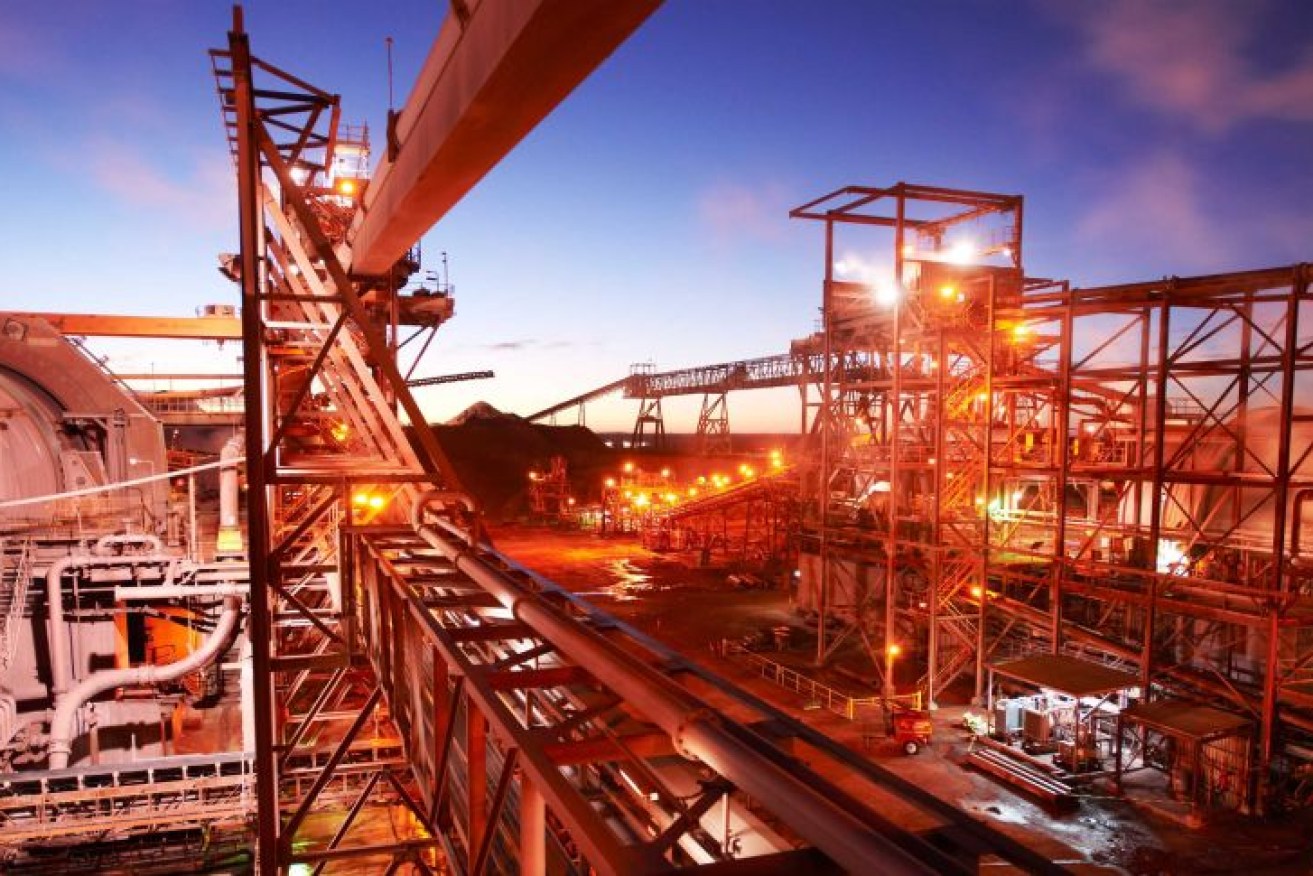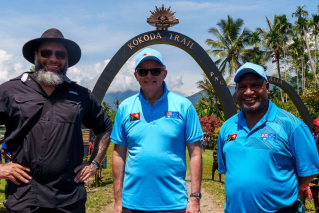Mining giants to front inquiry over casual jobs

Mining giants will be defending their hiring practices, at a federal parliamentary inquiry. Photo: ABC
Australia’s largest mining companies will front a federal parliamentary inquiry into the gig economy to defend their hiring practices.
BHP, Rio Tinto and Anglo American Australia will join the Minerals Council of Australia on an industry panel of witnesses at a parliamentary hearing on Wednesday.
The mining industry is the biggest contributor to the economy.
Some $26 billion was paid to workers in the Australian resources industry in the 2019-20 financial year.
The balance of crews across regional mines has tilted towards casuals and contractors over the past decade.
Many seek higher hourly rates and flexibility, traded off for sick leave, holiday pay, overtime and other entitlements enjoyed by permanent company staff.
Unions and labour hire companies provided conflicting evidence to the opposition-led inquiry on Tuesday.
There are concerns temporary workers are reluctant to speak up about safety issues, worried about the loss of work.
Labor leader Anthony Albanese is touring mining towns in Queensland this week and met miners who have a $40,000 a year wage gap if they’re casual.
The resources sector contributes $310 billion to the national economy and is responsible, directly and indirectly, for employing one million Australians.
“We need same job, same pay. And Labor will legislate for that,” Mr Albanese said on Tuesday.
He said safety is also a key issue.
“If you don’t have secure employment, if you’re not a full-time employee, but you’re in labour hire, then you don’t have the confidence to be able to come forward on safety issues,” he said.
Labour hire firm One Key Resources, a leader in coal mining, on Tuesday dismissed fears of retribution over complaints.
The Minerals Council says the industry is working towards zero fatalities, injuries and preventable diseases, as well as rolling out a mental health program.
The Australian Workers’ Union, Health Services Union and Queensland Nurses and Midwives Union will provide evidence on the strains of casual work that have been heightened during the pandemic.
There are about 2.3 million casual workers in Australia who are not entitled to holiday and sick leave.
Many gig economy workers are classified as independent contractors, not as employees, meaning they don’t get a minimum wage, superannuation or workers compensation.
-AAP








